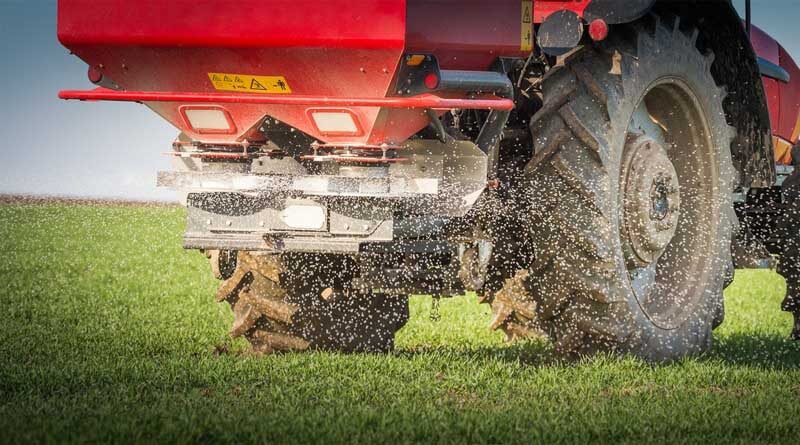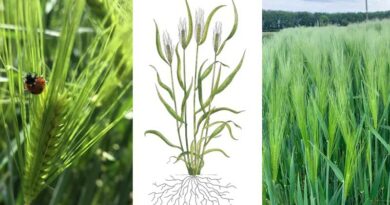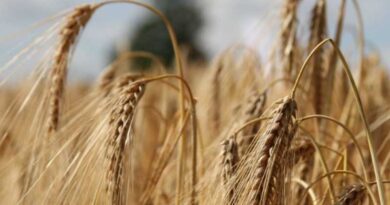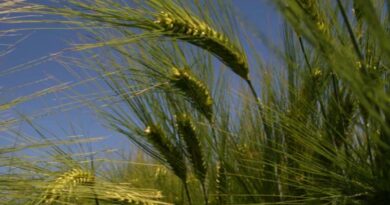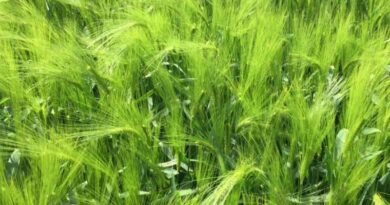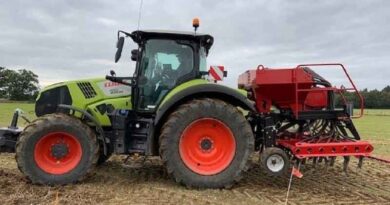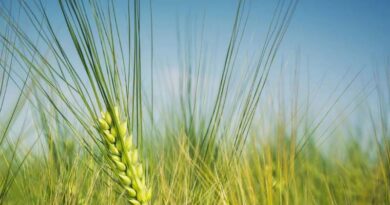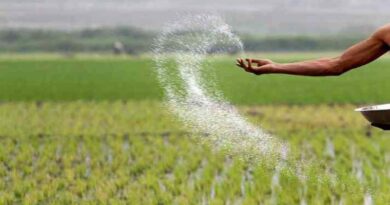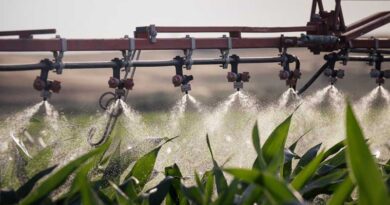Hybrid barley trials look to reduce nitrogen inputs by up to 30%
04 October 2021, UK: Following on from the successful Syngenta Germany results on reducing nitrogen inputs in hybrid barley, the Syngenta UK team are keenly awaiting the results of this years’ trials on their UK hybrid barley varieties.
The UK replicated trials will investigate the impact on yield (compared to conventional 2-row barley varieties) where nitrogen input has been reduced by up to 30% from the recommended (RB209) level. Hybrid barley is known for its bigger rooting system and scavenging nutrient behaviour due to its hybrid vigour.
‘Hybrid varieties show greater resilience under compromised conditions due to their rooting structure and this is just one of the many positive sustainable characteristics that we are seeing with our hybrid barleys. Our research shows us that the extra rooting power has a positive effect on the utilisation of nitrogen which is a real benefit to farmers both financially and environmentally’
Sarah Hughes, Hybrid Barley Marketing Manager
The AHDB recently released results from their Farmbench study showing that inorganic fertiliser costs make up over a third of the cost of production for wheat, barley and OSR. With the recent challenges in fertiliser supply and an expected rise in costs, any opportunity to look at reducing nitrogen where possible should be considered.
Also Read: Indian Agrochemical sector faces disruption in raw material supply from China
Aside from the cost saving opportunities, reducing nitrogen inputs in the growing of arable crops has a major impact on the carbon footprint of that crop. It is well documented that the most significant source of Greenhouse gas (GHG) emissions from arable cropping in the UK, is associated with the use of artificial nitrogen fertilisers, contributing to the large proportion of nitrous oxide released from agricultural systems.
‘We are expecting our UK trials to show that reduced nitrogen on UK hybrid barley varieties will show the good yield results we have seen in our German trials. This could provide farmers who are looking to reduce nitrogen on their feed barley without compromising on yield, the ideal solution to save on nitrogen costs and reduce their in-crop carbon footprint at the same time’.
Syngenta will be publishing the results from their UK hybrid barley nitrogen reduction trials later this autumn.

